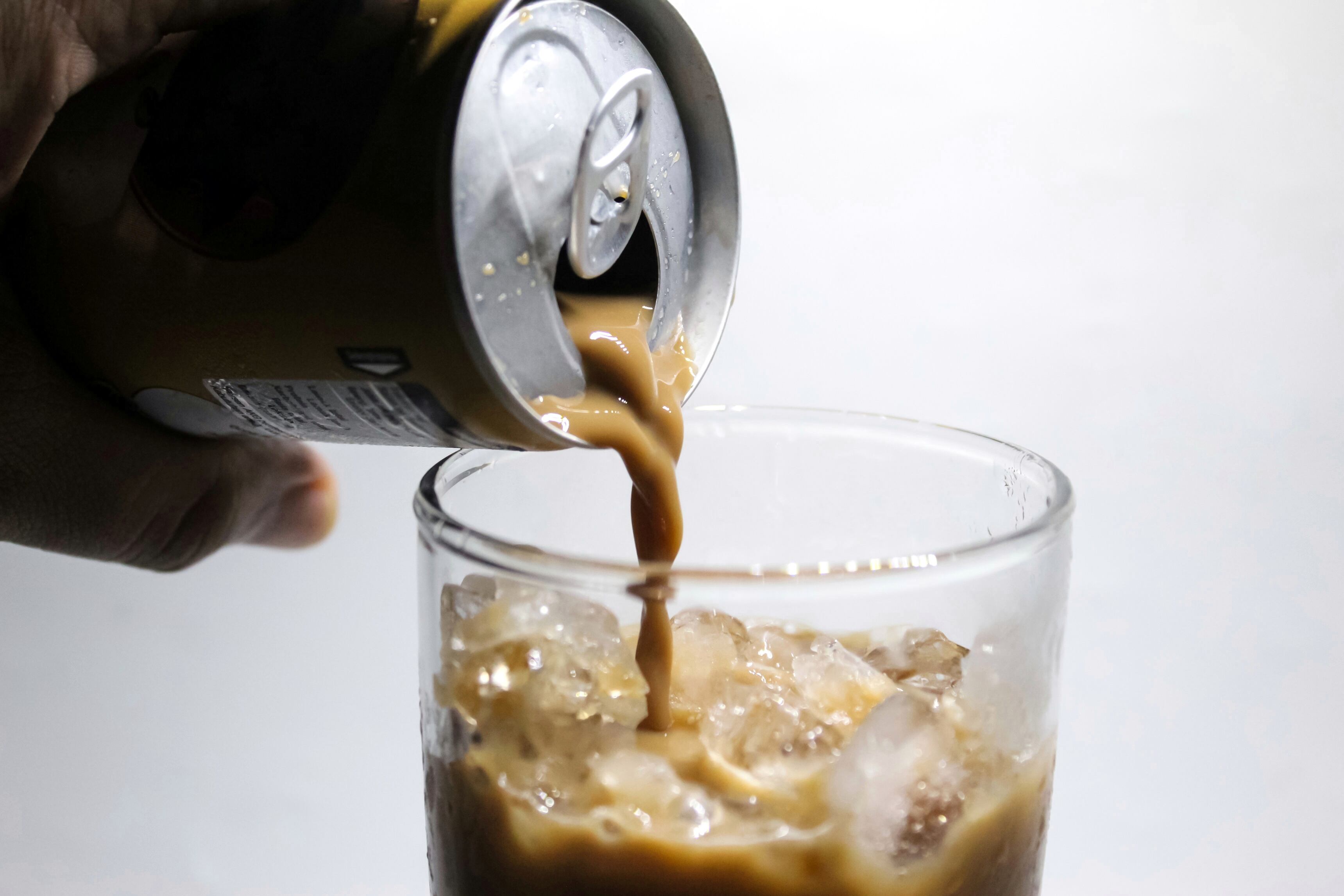The UK Government is consulting on whether the Soft Drinks Industry Levy (SDIL) should be extended to cover milk-based and milk substitutes drinks.
What is the Soft Drinks Levy?
The soft drinks levy was introduced in 2018, imposing a tax on pre-packaged drinks with added sugar that contain at least 5g of sugar per 100ml.
Drinks with sugar content between 5-7g of sugar per 100ml are charged a standard rate of 18p/litre. Drinks with 8g or more sugar per 100ml are charged a higher rate of 24p/litre.
The scheme has so far removed 46% of sugar from drinks within its scope, with Government analysis estimating that 89% of soft drinks have avoided tax due to reformulation.
Why milkshakes and lattes?
While the Government has said it recognises ‘the nutritional benefits of plain milk’, it has more recently expressed a need to reassess the impact of sugary pre-packaged milk-based and milk alternatives on Britain’s obesity epidemic.
Milk-based drinks had originally been excluded from the tax over concerns around calcium consumption, particularly among young children. But according to the Treasury, young people only get 3.5% of their calcium intake from these kinds of drinks.
“It is also likely that the health benefits do not justify the harms from excess sugar,” the Treasury said.
“By bringing milk-based drinks and milk substitute drinks into the SDIL, the government would introduce a tax incentive for manufacturers of these drinks to build on existing progress and further reduce sugar in their recipes.”
If changes are made, the Government estimates that around 203 pre-packaged milk-based drinks, making up 93% of sales within the category, will be effected unless manufacturers reformulate.
Coffee community reacts
Yusuf Amanullah, the founder of Unconform coffee, which recently launched a trio of vegan cold brew RTDs, said he considers the move a step in the right direction.
“Too long a number of mainstream iced coffees have been masquerading as new generation energy drinks, despite in truth being little more than coffee milkshakes riddled with hidden sugars,” he said.
“Maybe it’s time that coffee producers considered more ‘ingredient considerate’ processes, which resulted in smoother-flavoured offerings that require fewer sweeteners.
“The fact that coffee beans are soaked not cooked when it comes to cold brew coffee means that the resulting flavour is smooth not harsh. This means only a trace of natural sweetener is required to create a smooth, well-rounded flavour.
“At Unconform we applaud the functional food and drink movement which means modern drinks work harder than ever to deliver positive outcomes. Sugar dependency feels like yesterday’s news!”
Fellow RTD coffee producer Skinny Food Co has also come out in support of the proposals.
“We at The Skinny Food Co support initiatives that encourage healthier choices. Our existing range of Skinny Lattes – and our soon-to-be-released Milkshake Shots – are completely sugar free, offering consumers an easy and affordable way to enjoy indulgent flavours without the added sugar. For anyone looking to avoid the potential tax while still enjoying their favourite drinks, our products offer a convenient, accessible alternative.”
Jonny Gagel, head roaster at speciality roaster Pact Coffee, added: “For us at Pact Coffee, nothing beats the taste of outstanding speciality coffee. So when you’ve got great beans, adding sugar is just masking the delicious flavours and aromas that are naturally in the coffee. “The truth is, if you need to add 4g of sugar to each 100ml of your ready-to-drink can, it’s probably containing pretty poor-quality coffee. We dipped our toe in the ready-to-drink market a couple of years ago and included no artificial flavours or sweeteners, showing there is a way for brands to continue to make ready-to-drink options without adding high levels of sugar and having to worry about the new levy. They just need the right quality of coffee.”
Is the lower sugar threshold necessary?
The sugar tax consultation will also explore the possibility of reducing the minimum sugar content threshold to 4g. More two-thirds of this market (73%) is already below 4g of sugar, with the Government saying this change would capture an additional 17% of sales volumes.
Julian Atkins, managing director at Global Brands – which owns brands such as Franklin & Sons and Hooch – welcomed the opportunity to engage in consultations regarding legislation but added that the reduction to the threshold is unnecessary.
“We feel strongly that the proposed changes to the Soft Drinks Industry Levy (SDIL) – in particular to reducing the sugar content at which the levy applies from 5g to 4g – should be reconsidered. This is because currently, a separate piece of legislation, HFSS, sets out a sugar content limit for drinks at 4.5g of sugar per 100ml. Therefore, our view is that the threshold identified in SDIL should be aligned with that of HFSS, to provide one clear and consistent level for drinks producers to work towards, across both pieces of legislation.
“Drinks producers have already invested huge amounts of time and resource into reformulation of their products to align with the 4.5g limit set out within HFSS. If the Government now reduces the threshold within the SDIL to 4g, whilst HFSS remains at 4.5g, all this effort and financial investment will have effectively gone to waste, and drinks producers will be forced to go through this entire reformulation process again, which of course comes with a whole host of other associated costs including packaging and label changes.
“Not to mention, this would come at a time when the drinks industry is already being hit particularly hard by other government legislation such as the EPR (extended producer responsibility) ‘packaging tax’ as well as increased NI contributions and reduced business rates.”
The consultation is due to close on 21 July 2025.


